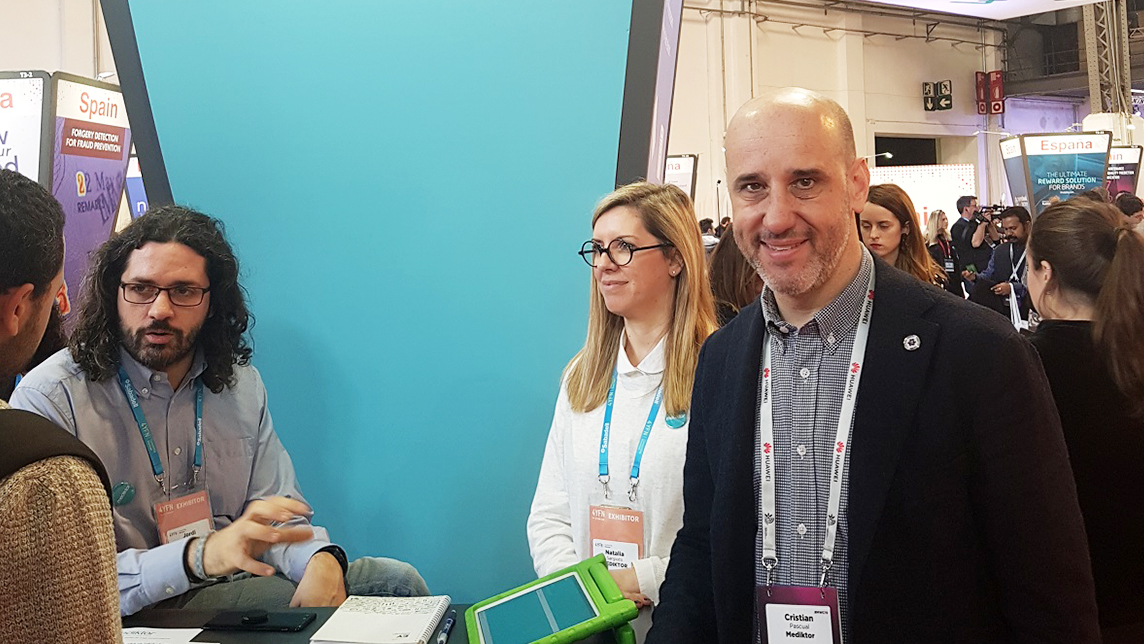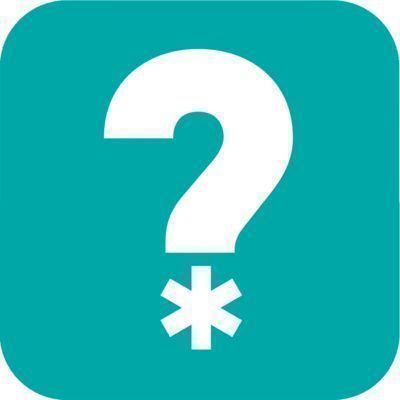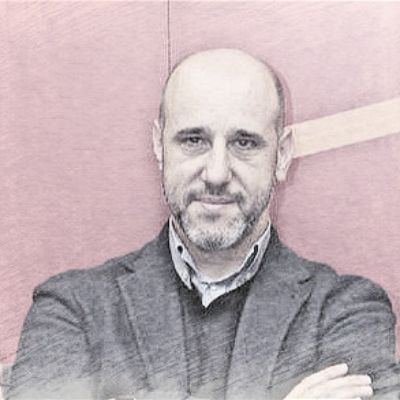As the world's population ages, the cost of healthcare to both governments and individuals is rising. Spanish AI-based diagnosis and triage tool Mediktor analyzes symptoms and directs patients to subsequent services or solutions, with the ultimate aim of reducing demand on over-stretched health systems across the globe.
Developed in collaboration with doctors, Mediktor bills itself as "the most advanced and accurate symptom checker on the market for triage and pre-diagnosis." Its potential to disrupt the health services market lies in removing traditional barriers to seeing a doctor such as distance, time constraints and cost. It also hopes to help end the practice of self-diagnosis by internet searches, which it says delivers a misdiagnosis in 70% of cases. Its consultations are for information purposes only, however, and not intended to replace diagnoses from professionals.
Created in 2011, the system uses natural language processing (NLP) and intuitive algorithms to identify patients' symptoms in real time. Machine learning enables it to improve its intuition with every patient interaction. Last December Mediktor, which is accessed via its app and website, won the 2018 NODE.Health award for Best In Class Clinical Studies.
"We are the only symptom checker in the world today to be validated by clinical trials with real patients," Mediktor co-founder and CEO Cristian Pascual told CompassList at Barcelona's recent 4YFN 2019.
"We did a study with a major hospital in Barcelona, interacting with more than 1,000 emergency department patients. We compared the results from the machine with the diagnosis from the real hospital. The conclusion was that in 91.3% of the cases, the [doctor's diagnosis] appeared in the list of 10 possible conditions [offered by the machine]."
Mediktor's current expansion plans target the US and Europe, and it already has an office in New York. In September 2018, it raised €3 million in Series A funding for international scalability and further product development from French multinational NAOS, as well as from Dutch VC Castel Capital and local sciencetech Alta Life Sciences.
Scalability from the outset
The platform currently covers 650 of the most common diseases seen in a general practitioner's office or an emergency department and is available in 10 languages. It is designed to be embedded in different platforms and so is compatible with all devices and technologies. Mediktor also has a pure chatbot interface that doesn't require app installation and voice integration with Alexa that could apply to any other voice assistant.
Pascual explained the rationale behind his B2B2C platform, which was devised and co-founded with physician Oscar García-Esquirol over many Sunday meetings: "I have been an angel investor for many startups and I know the Barcelona ecosystem well. I've learned that it is about much more than coming up with a solution to a problem and bringing it to market. You need to know what investors will look for and at what stage you will need which kinds of people in a company."
The idea was born from a game in which subjects are guessed by process of elimination, and after García-Esquirol mentioned that that was often how he arrived at a patient diagnosis. "We didn't have any business plan at that stage, we just saw the value in having software that can think like a doctor," Pascual said.
Patients using Mediktor express how they feel in their own words, which the platform deciphers using NLP, and through intuitive algorithms it recognizes symptoms. The number of questions the system asks depends on the amount of information provided by the patient. The platform asks users 14 questions on average, including on sex and age, and it takes an average of three minutes to get a diagnosis. If the patient says "no" to many symptoms, it will continue asking questions in search of the cause. End users are encouraged to share their results with a doctor via WhatsApp or text message.
From the US to Rwanda
Mediktor's customers are health insurance companies, health platforms and hospitals. Major customers to date include big health insurance companies like DKV or Mapfre, and telemedicine platforms like Top Doctors, with the platform individually tailored so that features like links to the follow-on service makes sense for each customer. As the platform is totally embedded in the client's website, Mediktor does not know who the users are nor does it have access to their data.
According to Pascual, his company's mission is to improve access to healthcare worldwide. "In the near future, it will be natural to use a symptom checker before engaging a physician," he said.
"The need is definitely there among the general public. You want an immediate response to your health problems and you struggle to visit the doctor because the appointment is not instant or you need to travel. We believe that symptom checkers and telemedicine platforms will grow to have global reach."
Indeed, when outputs were shared at the Health 2.0 European Conference last year, 60% of the users of telemedicine platforms – including Mediktor – said they did not need to seek further help after using such a platform.
"We think big and our aim is to help big corporations, governments and others provide better, more scalable health for everyone," Pascual said. "The developing world is also important to us: we are the first AI-based triage tool to be present in Africa, in the King Faisal Hospital in Rwanda."













